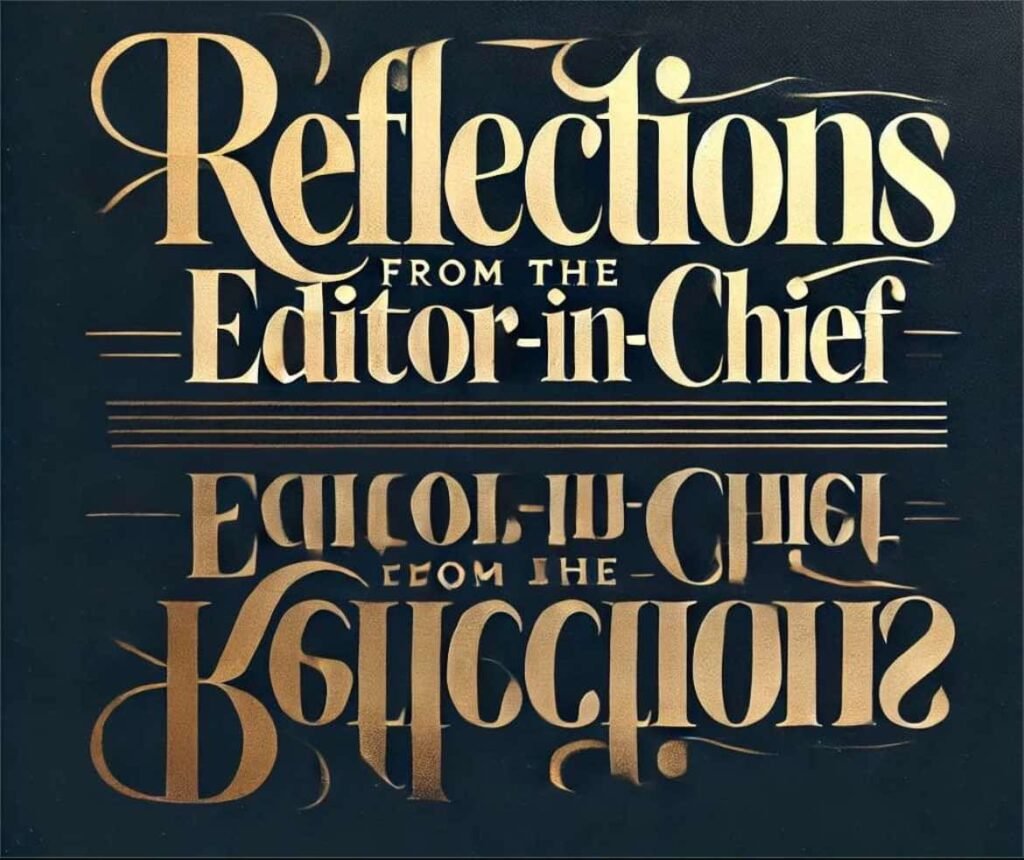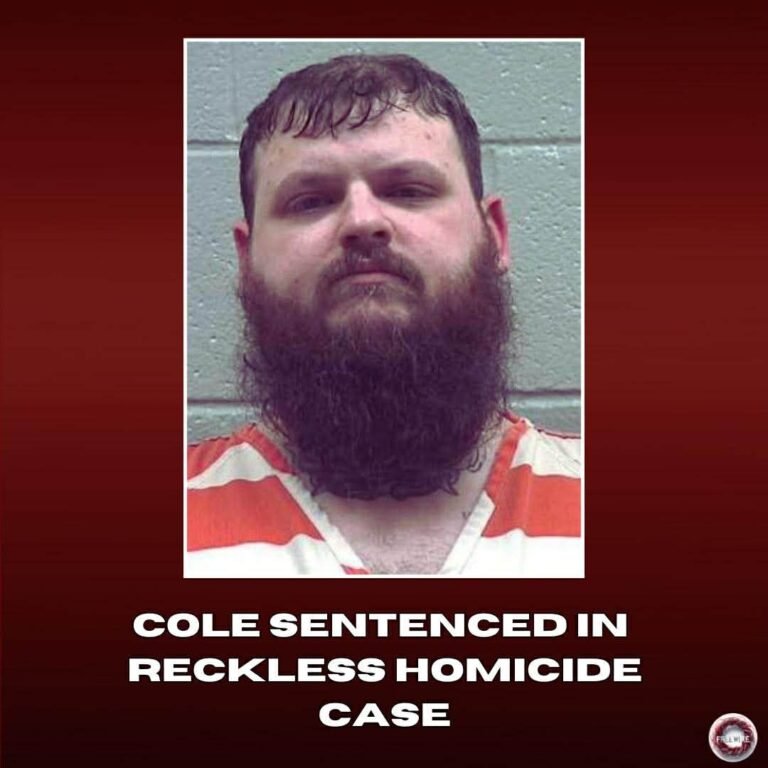
By Logan Andrew Editor-in-chief/Founder FreeWire
Vicki Dishon raised an interesting point Thursday during a very open, very public disagreement with Law Director Brandon Gobrecht. “Words matter. I will not compromise,” she said, emphasizing her strict interpretation of the term “calendar year.” She cited the textbook definition—January 1st through December 31st. Gobrecht, meanwhile, argued that “calendar year, from the original signage date” could reasonably mean April 1st to March 31st, depending on context.
I told Councilwoman Dishon, “Funny you say that—because that’s the name of my next editorial.”
And it is. Because while I agree with her that words do matter—greatly—I also agree with Brandon that context matters. Maybe even more. And let’s not forget intent. Technicalities are funny that way. What matters most, deep down, varies from person to person. Some will compromise; others won’t.
For all her faults, I believe Councilwoman Dishon is a net positive for Bucyrus. For every piece of legislation she holds up with her meticulous standards, ten more are improved just by her vigilance. Nobody likes a know-it-all—but you don’t have to like someone to govern effectively alongside them.
You certainly don’t have to like someone to respect them.
What we’re seeing on both sides of the aisle lately borders on disrespect—and that’s the line we should be most cautious about crossing. Because when respect breaks down, communication follows. And once that’s gone, the wheels of government grind to a halt. But what troubled me about her statement wasn’t the emphasis on words—it was the refusal to compromise. Because government, at its core, is compromise. Or at least, that’s one of the most accurate descriptions of it. Life itself is about compromise. Every time we wake up and say, “Just two more days ‘til Friday,” we’re negotiating with ourselves. Or when you say, “I won’t sell this lot for anything under $6,000,” but then you think about the utilities you could pay off or the stress you could shed—and you let it go for $5,500.
Compromise isn’t weakness. It’s humanity. And it’s high time we stopped pretending otherwise.
Much of the gridlock in Washington stems from a complete unwillingness to give an inch. Political polarization has replaced empathy. We’ve romanticized Machiavellianism, forgetting that Machiavelli mostly appeals to first-year psyche students and wannabe strongmen.
Speaking of—which brings me to Kurt Fankhauser.
After a surprisingly productive council meeting two weeks ago—one of the more cooperative ones we’ve seen in a while—he immediately sent out a damning video targeting a fellow council member. Why? Spite. That’s not speculation; that’s what he told me.
This is a pattern. Just look at the recent incident with Keith French. French, a resident living with PTSD and a history of serious illness, came to council with a heartfelt, emotional plea. He shared his experience of being harassed by Fankhauser—including being called “the biggest piece of excrement ever to grace city hall” and being handed a clown mask in a committee meeting. Rather than engage or listen, Fankhauser had him removed from the chamber after just ten minutes.

It wasn’t just cruel—it was calculated. And it’s becoming harder to ignore that what we’re seeing isn’t strategy. It’s unraveling.
Auditor Kali Lewis and I have both said it in our own way—she put it best: “He would raze the city to the ground just to say he told you so.” My version? “He wants to burn it all down, then complain about the ashes.” Either way, the meaning is clear: it’s less about solutions and more about vindication. And that’s no way to lead.
It echoes something else Lewis once said: that Fankhauser has “given himself a place to point the finger while maintaining clean hands.” It’s hard to criticize a voting record when you don’t have one.
Communication is in a dire state. That’s not just a local issue—it’s national—but it’s grinding our government to a halt. And if we’re being honest, what’s also missing is empathy. We’ve stopped asking how it would feel to be on the receiving end of our own behavior.
There are glimpses of hope—the meeting three weeks ago, for instance, was relatively light on drama. But then, out of nowhere, comes the “Just Say No” PAC. I mistakenly reported that it wasn’t legitimate—what I should have said was that it’s not registered with the state, which is true, but as a local PAC, it only needs to register with the county board of elections.
Still, a better name for it might be the “Take My Ball and Go Home” PAC. It’s just the latest example of someone who should be leading instead choosing to undercut and sabotage his colleagues. Just when Council starts to move forward, some folks giddily hopscotch ten steps back.
As a citizen, it’s frustrating. I can’t imagine how it feels to be the ones constantly under fire.
Imagine this: there’s a job opening. It pays $7,000 a year. You’ll be harassed, berated, and embarrassed—often by your boss. The public will call you worse. You’ll be degraded regularly, and if you actually want to do the job well, it’s basically full-time.
Wish.com’s servers would crash under the weight of people trying to see if it was real.
And yet—that’s what we ask of our Council members. I sure as hell wouldn’t be doing it. It takes a special kind of person to endure all that just to make the town a little better. I don’t envy them one bit.
For all his own faults, Robert Taylor was right: these people have enough work to do without us piling more onto their plate. I believe it was Councilwoman Clarissa Slater who asked the Auditor how many hours it took to counter one of Fankhauser’s political stunts earlier this year.
How much time has been spent on endless public records requests, clarifications, and fact-checking? Time they could’ve spent doing the job we asked them to do? Too many hours to count.
So yes—words matter. But so does context. And intent. Let’s not forget empathy, either.
You don’t have to like someone to work with them. You don’t even have to like them to respect them. And right now, respect is in short supply.
This election season is already contentious enough. Let’s not let it become cruel.

About the author Logan Andrew Editor-In-Chief/Founder FreeWire Magazine
Logan Andrew is a native of Bucyrus, OH, has always been passionate about journalism and storytelling. Driven by a desire to uncover truths and amplify unheard voices, he founded FreeWire as a platform for fearless and independent reporting. Logan’s vision is to deliver unbiased and well-researched news that empowers communities and connects local stories to a broader audience. With a commitment to truth and integrity, he strives to reshape the future of our local media by making journalism accessible to all. Through FreeWire, Logan continues to turn his lifelong passion into a mission that inspires change and informs our community.




















